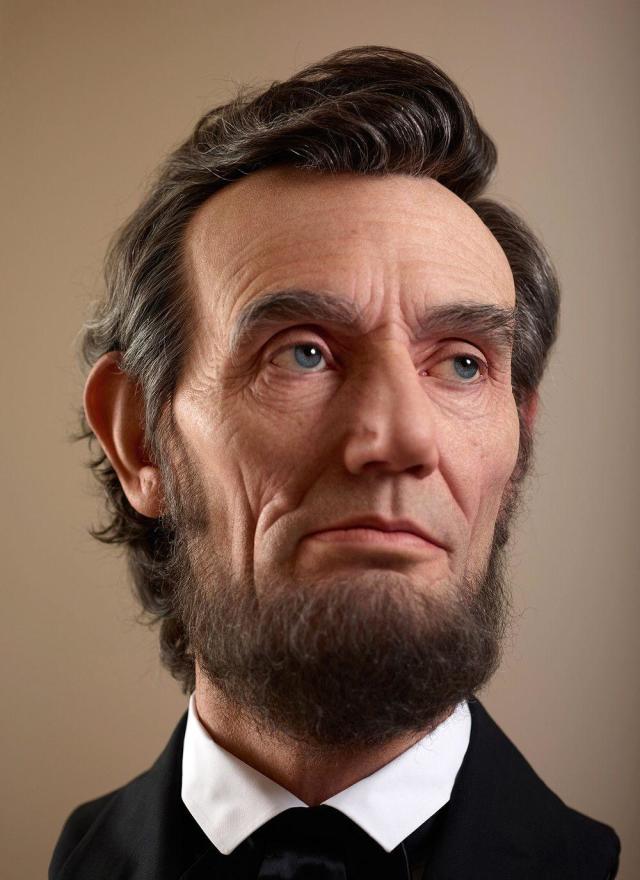Abraham Lincoln was an American statesman and lawyer who served as the 16th president of the United States from 1861 to 1865. He led the nation through the American Civil War, the country's greatest moral, constitutional, and political crisis. He succeeded in preserving the Union, abolishing slavery, bolstering the federal government, and modernizing the U.S. economy.
Lincoln was born into poverty in the state of Kentucky. He was self-educated and became a lawyer, Whig Party leader, Illinois state legislator, and U.S. Congressman for Illinois. Lincoln ran for President in 1860, sweeping the North in victory. Pro-slavery elements in the South equated his success with the North's rejection of their right to practice slavery, and southern states began seceding from the union. To secure its independence, the new Confederate States fired on Fort Sumter, a U.S. fort in the South. This was the start of the American Civil War.
As the leader of moderate Republicans, Lincoln had to navigate a contentious array of factions with friends and opponents on both sides. War Democrats rallied a large faction of former opponents into his moderate camp, but they were countered by Radical Republicans, who demanded harsh treatment of the Southern traitors. Anti-war Democrats despised him, and irreconcilable pro-Confederate elements plotted his assassination. Lincoln managed the factions by exploiting their mutual enmity, by carefully distributing political patronage, and by appealing to the U.S. people. His Gettysburg Address became a historic call for nationalism, republicanism, equal rights, liberty, and democracy. He engineered the end to slavery with his Emancipation Proclamation and his order that the Army protect and recruit former slaves. He also encouraged border states to outlaw slavery, and promoted the Thirteenth Amendment to the United States Constitution, which outlawed slavery across the country.

